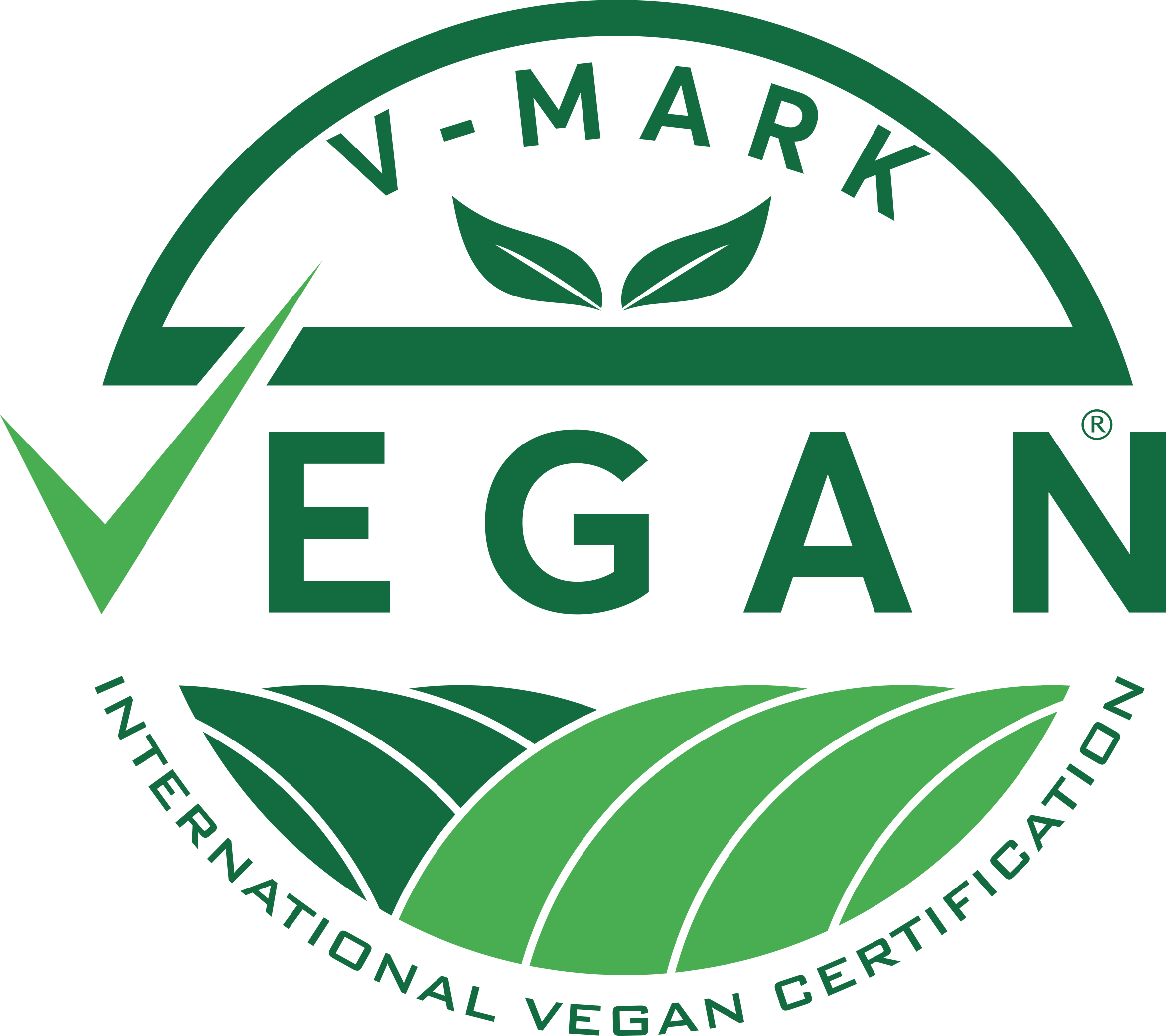Vegan Criteria for Food Production: Ensuring Ethical Practices
Vegan criteria for food production are essential for ensuring ethical practices. These criteria are designed to ensure that all food production is done in a way that does not harm animals or the environment. This can include the sourcing of ingredients, the production of food, and the distribution of food.

The first step in creating vegan criteria for food production is to ensure that all ingredients are sourced from sustainable and ethical sources. This means that no animal products are used in any part of the process, including in the production of food and in the distribution of food. This includes ensuring that no animal products are used in the production of food, such as eggs, dairy, or meat, as well as avoiding the use of any animal by-products, such as gelatin or honey.
The next step is to ensure that all processes used in the production of food are animal-free and environmentally-friendly. This includes ensuring that all farming methods and production processes are as sustainable as possible, avoiding the use of pesticides and other chemicals, and ensuring that all food is free from any animal products or by-products. Additionally, it is important to ensure that all packaging used in the distribution of food is recyclable and does not harm the environment.
Finally, it is important to ensure that all food is ethically and responsibly sourced. This includes ensuring that all food is sourced from certified organic farms, as well as ensuring that all food is sourced from local producers who are committed to providing a safe and healthy product. Additionally, it is essential to ensure that all food is free of any animal products or by-products, and that any animal products used in the production process are obtained through ethical and sustainable practices.
By following these vegan criteria for food production, companies can ensure that all their products are ethical and sustainable, and that no harm is done to animals or the environment. This is essential for ensuring that all food is produced in an ethical manner, and that all producers are held accountable for their practices.
Criterias
- Adhering to Vegan Criteria in the Food Industry: Ensuring Cruelty-Free Practices
- The Importance of Vegan Criteria in the Fashion Industry
- Understanding Vegan Criteria for Cosmetics and Personal Care Products
- Vegan Certification Criteria: Ensuring Products Meet Vegan Standards
- Vegan Criteria for Clothing and Fashion: Making Sustainable and Ethical Choices
- Vegan Criteria for Food Production: Ensuring Ethical Practices
- Vegan Criteria for Home and Household Products: Creating a Cruelty-Free Environment
- Vegan Criteria for Ingredients: Avoiding Animal-Derived Products
- Vegan Criteria for Packaging and Manufacturing: A Commitment to Sustainability
- Vegan Criteria for Personal Care Products: A Guide to Compassionate Choices
- What Makes a Product Vegan? Understanding the Criteria

GET CERTIFIED
